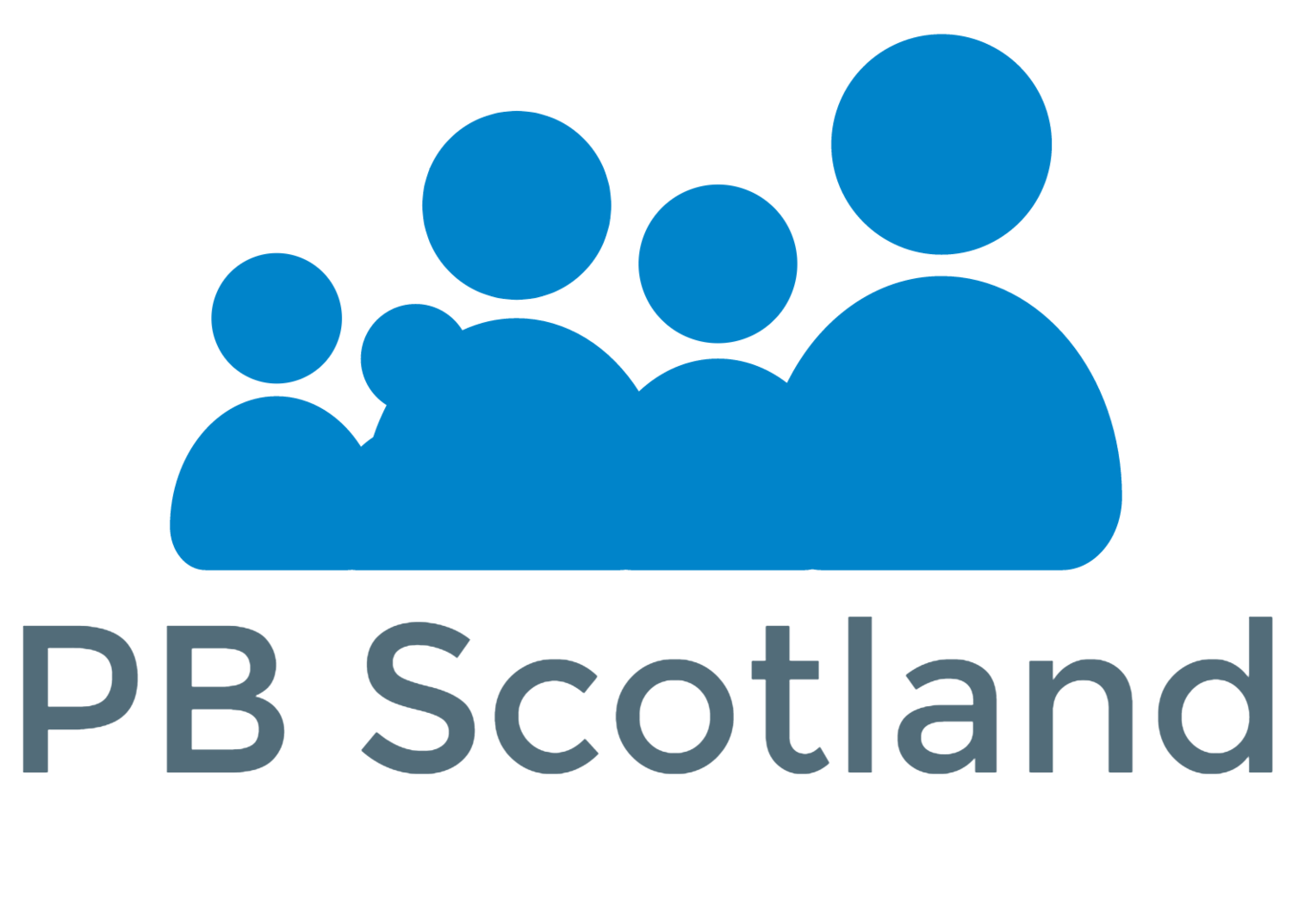Introduction
Participatory budgeting (PB) is recognised internationally as a way for local people to have a direct say in how public money is spent and is a powerful and effective method for individuals and communities to have a say in the decisions that affect them.
We have developed this resource pack to help members and practitioners think systematically about how to evaluate their participatory budgeting processes and programmes. This has been based on feedback from PB Scotland Network members, that evaluation is not always easy to complete, especially where there are capacity issues such as a lack of time, knowledge and/or resources.
Over the last decade there has been interest, energy and investment across Scotland in PB as part of a broader commitment to democratic and community renewal and tackling inequalities. Scotland’s PB story has been marked with ambition, good will and has included engaged and dynamic people within communities, third sector organisations, local and national government.
We know from evidence collected and published on the PB Scotland website and beyond, that there are fantastic examples of PB processes and projects that have been implemented successfully and had extremely positive impacts for local communities.
The information needed to gather this evidence is normally collected by local PB practitioners facilitating the PB processes through self-evaluation activities. Typically, these organisations and projects use their individual time and resources to collect evidence of success and use this to demonstrate, promote and advertise their PB activities. Such evidence is often used to inform future funding bids or demonstrate project impact to secure continued funding streams.


